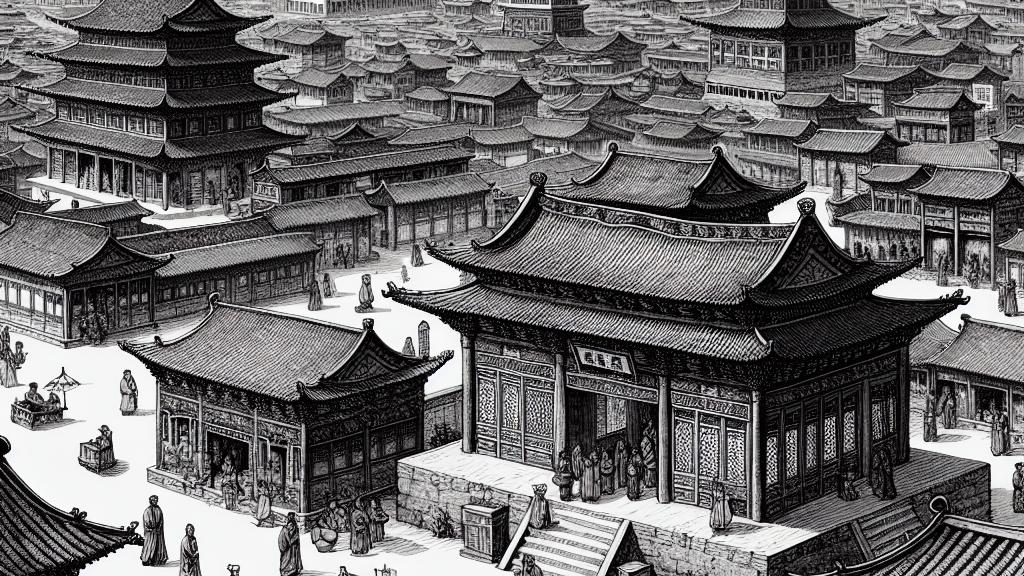Did the Kingdom of Shu Ever Exist? A Bizarre Historical Debate!
Overview
- Examines the controversial legitimacy and existence of the Kingdom of Shu during the Three Kingdoms era.
- Explores conflicting perspectives and interpretations relating to historical authority and identity.
- Highlights the cultural consequences and ongoing relevance of these narratives in modern Chinese history.

The Kingdom of Shu: Historical Overview and Context
The Kingdom of Shu, a significant player in China's Three Kingdoms period (AD 220-265), is at the heart of a vibrant debate about its legitimacy and historical status. Founded by Liu Bei, who claimed to be a descendant of the Han dynasty, Shu aimed to revive Han traditions in a fragmented China. However, as rival states Wei and Wu emerged, concerns arose regarding Liu Bei's authority. Historical accounts from that time, including the 'Records of the Three Kingdoms,' position the kingdom within a framework of political rivalry. Not only was Liu elected as the emperor of what he called 'Han,' but contemporaries often dismissed it, referring to it as 'Shu' to undermine its legitimacy.
The Legitimacy Debate: Perspectives of Power and Authority
A key element of the discourse on Shu revolves around the concept of imperial legitimacy—who had the right to rule? Supporters of Wei, particularly, labeled Liu Bei's claims to Han legitimacy as spurious, which was woven into the historical fabric of the era. The term 'Shu' thus became emblematic of disputed authority, crafted by rival faction narratives that sought to solidify their own claims of legitimacy. This complex interplay shed light on the socio-political landscape of ancient China, where rival empires wielded significant influence over historical texts and narratives. The intentional choice to refer to Liu Bei's state as 'Shu' rather than 'Han' fosters a rich discussion about how history is recorded, perceived, and retold through the ages.
Cultural Reflections and Modern Relevance of Shu's Narrative
The narratives formed around the Kingdom of Shu not only shape our understanding of historical dynamics but also carry implications for how modern Chinese identity is understood. Liu Bei and figures like Zhuge Liang are celebrated as symbols of loyalty and ambition as their stories transition into popular culture through literature, film, and television. Embracing this narrative invites discussion on how historical legitimacy affects contemporary governance models, national pride, and cultural memory. While the original debates of power and authority may have receded into the past, their echoes influence current discourses surrounding identity formation and how history is used to legitimize existence in the narratives of nations today.

Loading...